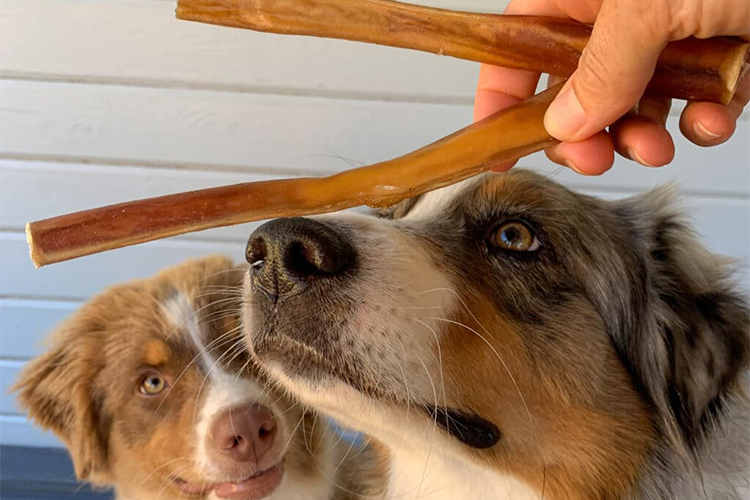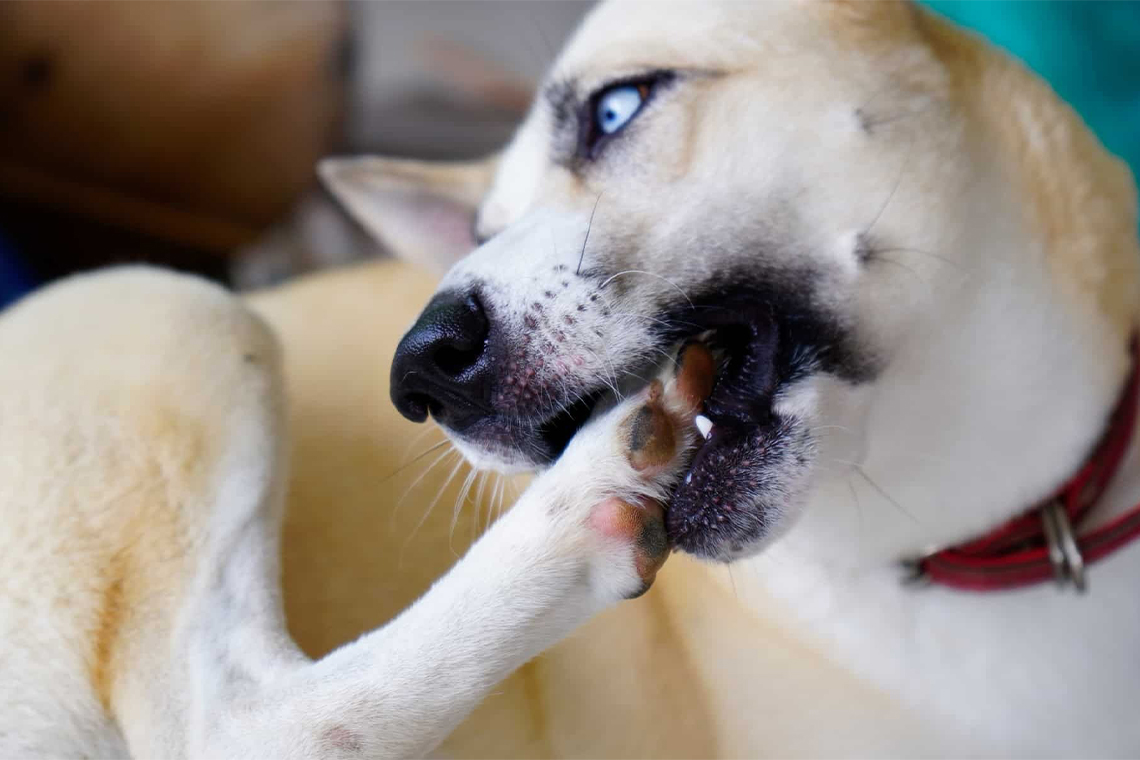Paws for though – The pros and cons of giving your dog dried bones
Dogs are often referred to as man’s best friend, and it’s no secret that we love our furry companions. As pet owners, it’s our responsibility to ensure our pets’ health and wellbeing. One of the most important aspects of caring for our dogs is their diet. We all know that dogs love to chew on bones, but what about dried bones? Are they safe for our canine companions?
In short, dried bones can be safe for dogs to consume, but it depends on a few factors. Let’s take a closer look at the potential risks and benefits of feeding your dog dried bones.

Benefits of Dried Bones for Dogs
First, let’s examine the potential benefits of feeding your dog dried bones. One of the main reasons pet owners give their dogs bones is to promote dental health. Chewing on bones can help remove tartar and plaque from your dog’s teeth, which can prevent dental disease and bad breath. Additionally, chewing on bones can provide mental stimulation and a sense of satisfaction for your dog.
Another benefit of dried bones is that they can provide a source of essential nutrients. Bones are rich in calcium, phosphorus, and other minerals that are important for bone health. Additionally, chewing on bones can help strengthen your dog’s jaw and neck muscles.
Potential Risks of Dried Bones for Dogs
While there are potential benefits to feeding your dog dried bones, there are also some risks to consider. One of the main concerns is the risk of choking or intestinal obstruction. If a bone splinters or breaks apart, it can become lodged in your dog’s throat or digestive tract, which can be life-threatening.
Another risk of dried bones is the potential for dental damage. Bones are hard and can cause your dog’s teeth to crack or break. This can be painful for your dog and may require veterinary treatment.
In addition to the risks of choking and dental damage, there is also a risk of bacterial contamination. Bones can harbor bacteria such as salmonella and E. coli, which can make your dog sick. It’s important to handle bones safely and to supervise your dog while they are chewing on them to reduce the risk of bacterial contamination.

Choosing the Right Bones for Your Dog
If you decide to feed your dog dried bones, it’s important to choose the right type of bone. Here are some tips to help you choose safe bones for your dog:
- Avoid cooked bones. Cooked bones can splinter and break more easily than raw bones, which can increase the risk of choking and intestinal obstruction.
- Choose large, sturdy bones. Large bones are less likely to splinter than smaller bones. Look for bones that are large enough that your dog can’t fit the whole bone in their mouth.
- Stick to non-weight-bearing bones. Non-weight-bearing bones, such as beef rib bones and pork shoulder bones, are less dense than weight-bearing bones like beef leg bones. This makes them less likely to cause dental damage.
- Choose high-quality bones. Look for bones that come from reputable sources and are free from additives, preservatives, and other harmful substances.
- Monitor your dog while they are chewing on bones. Supervision is key to ensuring your dog’s safety while they are chewing on bones. If a bone splinters or your dog starts choking, you’ll be able to intervene quickly.
Alternatives to Dried Bones
If you’re still concerned about the risks of feeding your dog dried bones, there are plenty of alternatives that can provide similar benefits. Here are some options to consider:
- Dental chews. Dental chews are a great alternative to bones for promoting dental health. Look for chews that are made from natural ingredients and are free from artificial preservatives and additives.
- Rawhide chews. Rawhide chews can provide a satisfying chew for your dog, but it’s important to choose high-quality chews that are made from natural ingredients and are free from harmful chemicals and preservatives.
- Antlers are a natural and durable chew option that can provide mental stimulation for your dog. However, it’s important to choose antlers that are the appropriate size for your dog and to monitor them while they are chewing.
- There are plenty of toys on the market that are designed to promote dental health and provide mental stimulation for your dog. Look for toys that are made from safe and durable materials and are the appropriate size for your dog.
To Conclude
Dried bones can be safe for dogs to consume, but it’s important to choose the right type of bone and to monitor your dog while they are chewing. If you’re still concerned about the risks, there are plenty of alternatives that can provide similar benefits. Ultimately, it’s up to you as a pet owner to decide what’s best for your dog’s health and wellbeing.












